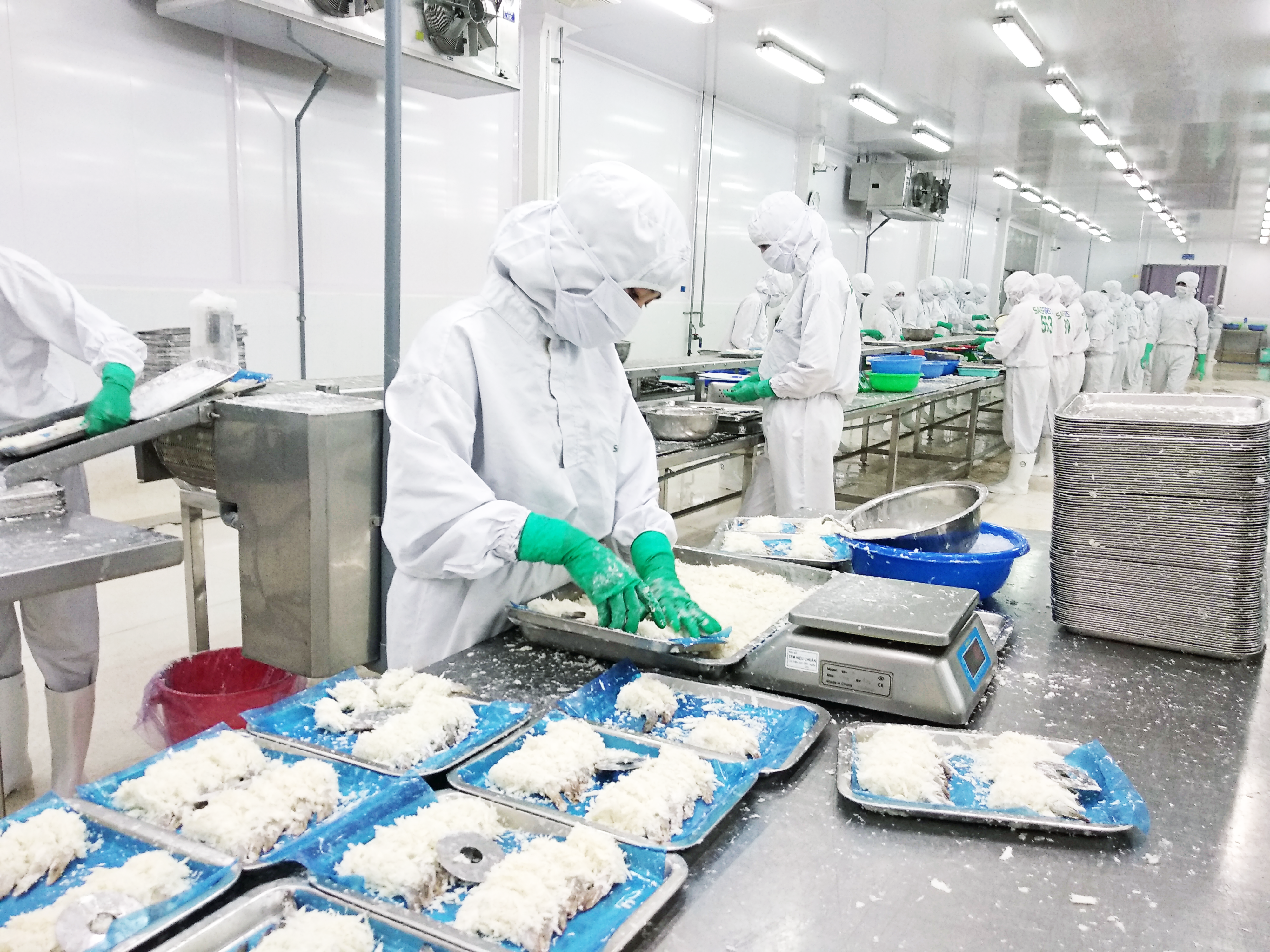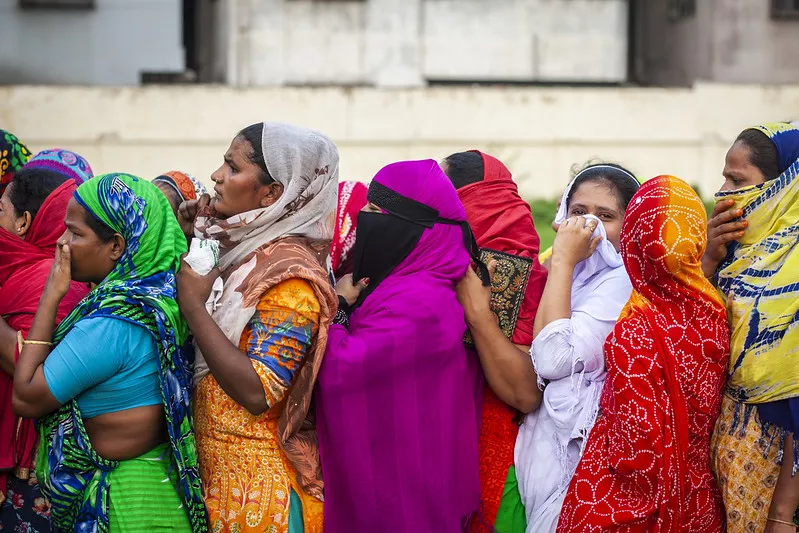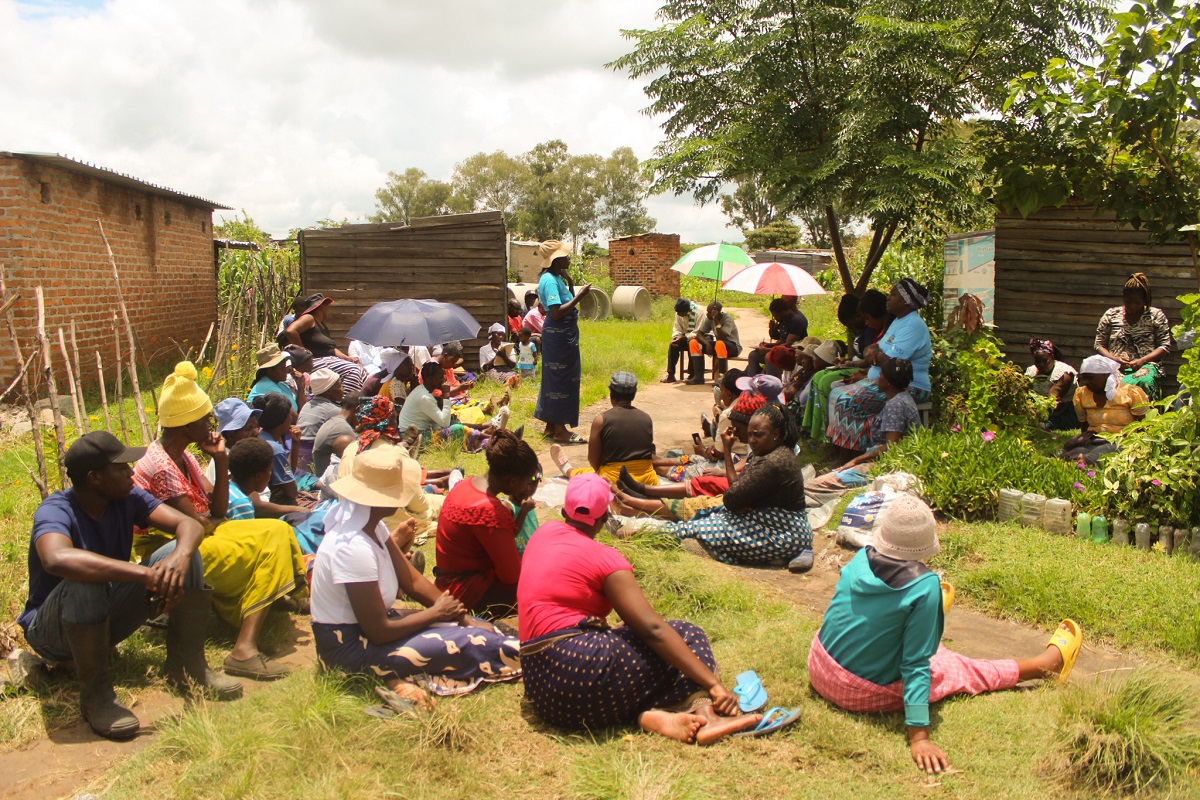Since the outbreak in March 2020, the Covid-19 pandemic has affected almost everyone, but not equally. According to a report released by the International Labour Organisation (ILO) in November 2021, the migrant workers, who are often stranded by limited jobs opportunities and savings, are hit particularly hard by the pandemic and are among the most vulnerable groups in the crisis.
In the study “The impact of Covid-19 on trafficking and child labour in Myanmar, Cambodia, and Vietnam” led by the Institute of Development Studies (IDS) and Humanity Research Consultancy, we have placed our focus on areas that were neglected by the states under the Covid-19 pandemic: the borderlands and the sea. This study aims to evaluate how the Covid-19 related policy responses impact the vulnerability of migrant workers and trafficking survivors in these areas.
During the two months of data collection, our research team from Vietnam have had the rare opportunity to follow the footsteps of 20 migrant workers, fishermen, trafficking survivors, and NGO officers to obtain insights into the lives of and the hardships endured by the vulnerable population under COVID. These participants were chosen from diverse backgrounds using purposive sampling and snowball techniques in an effort to represent the migrant workers in each area, though we acknowledge the limits of our study.
These migrant workers and trafficking survivors are lingering at the northern borders between Vietnam and China, the western borders connecting Cambodia and Laos, or at eastern Vietnam where the land and the South China Sea meet. Some of them work overseas, such as in Japan, Korea, and Taiwan. The Covid-19 pandemic had radically paralysed their mobility and livelihoods: due to border closures, they are unable to return home, and some even risk their lives to illegally cross the borders; due to the shutdown of markets and services, they either lose their jobs, have their salaries cut, or have to work excessive hours to make ends meet; and, due to the nature of low-skilled jobs, they struggle to find an alternative source of income.
Numerous policies were introduced to mitigate the public health crisis caused by the pandemic, but according to our research, many migrant workers and trafficking survivors’ livelihoods were shrunk by some of the Covid-19 policies carried out by both their host countries and their home countries. Evidence shows that they are excluded from the protection provided by these policies, which worsened their existing vulnerability. For example, migrant workers without a resident permit were not eligible to receive allowances from the first COVID-19 relief package in Vietnam. In Taiwan, it’s common for migrant workers whose working visa has expired and are unable to extend their visa to conduct illicit work outside the formal sectors, and in Lao, these workers may even end up paying a large sum of money to the smugglers to cross the borders illegally. Undocumented workers face additional fear of detention and deportation. To avoid being caught and detained by the border authorities, some undocumented workers in Cambodia risk their lives to return to Vietnam using small boats. Their financial, social, and psychological well-being are directly impacted by the policy responses to Covid-19, and under some circumstances, be further exacerbated by discrimination, mistreatment, and exploitation.
In regards to human trafficking in Vietnam, despite the reduced number of trafficking cases reported by the Ministry of Public Security, many local anti-trafficking NGOs suggests that human trafficking has emerged in more complex and sophisticated ways, citing the surge in the number of survivors in their shelters and the rampant usage of social media of the traffickers in recruiting and advertising the victims.
People under economic hardships, especially the ethnic minorities, are particularly vulnerable as they are often easier to be tricked into human trafficking gift-wrapped by false promises of employment or insincere romantic relationships. For example, in Ha Giang, a northern province of Vietnam sharing the border with China, an increased number of teenagers from Mong ethnic groups lost their jobs in buckwheat farming during the pandemic and were trafficked to China for marriage or sold to brothels. New forms of trafficking have also emerged, such as sex live cam, domestic exploitation, and surrogacy trafficking.
Some policy responses to Covid-19 have also generated challenges against the rescue efforts of law enforcement officials and the rehabilitation process of trafficking victims. According to Blue Dragon Children’s Foundation, a leading NGO working around anti-trafficking in Vietnam, many trafficking survivors have lost their jobs, received disrupted counselling services, or are unable to continue their education due to the pandemic. Without these essential supports to help them rebuild their lives, many survivors had no choice but to “put themselves in risky situations to find new jobs”, despite the risk of being re-trafficked.
Behind each interview, the research team had with the migrant workers and the trafficking survivors is a precarious journey of them finding their way home, bearing terrible working conditions to make a living, or enduring the fear of imprisonment or deportation in a foreign country. Policy responses to Covid-19 around the world have protected tens of thousands of lives, but there are still rooms for improvement where no vulnerable groups should be left out. The team sees hope, determination, and strength in the interviewees, and aspires policy reform aims at constructing a better and more inclusive social safety net for everyone.
For more information about the COVID Collective project, click here.
This blog was originally published by the Humanity Research Consultancy here.


